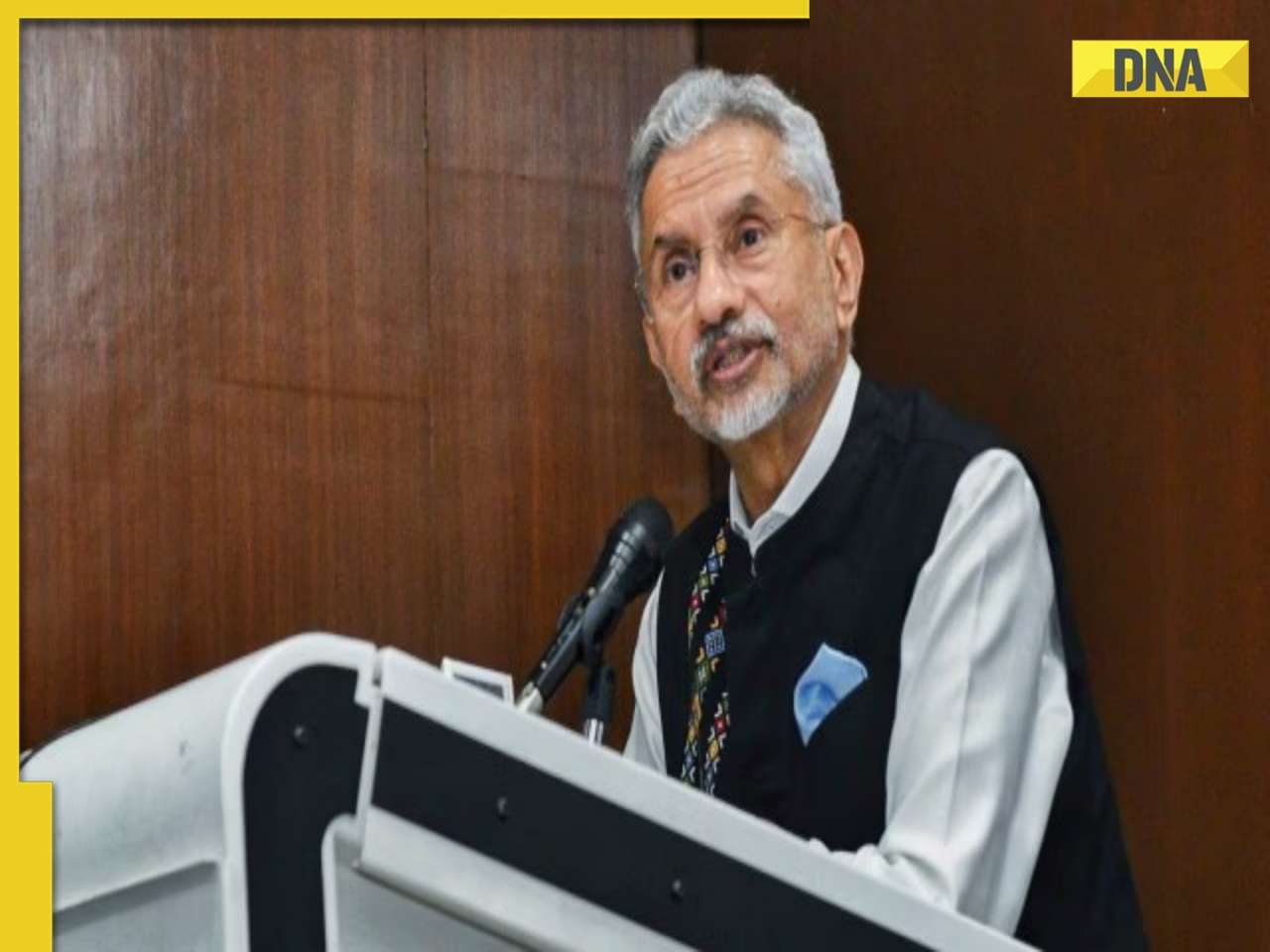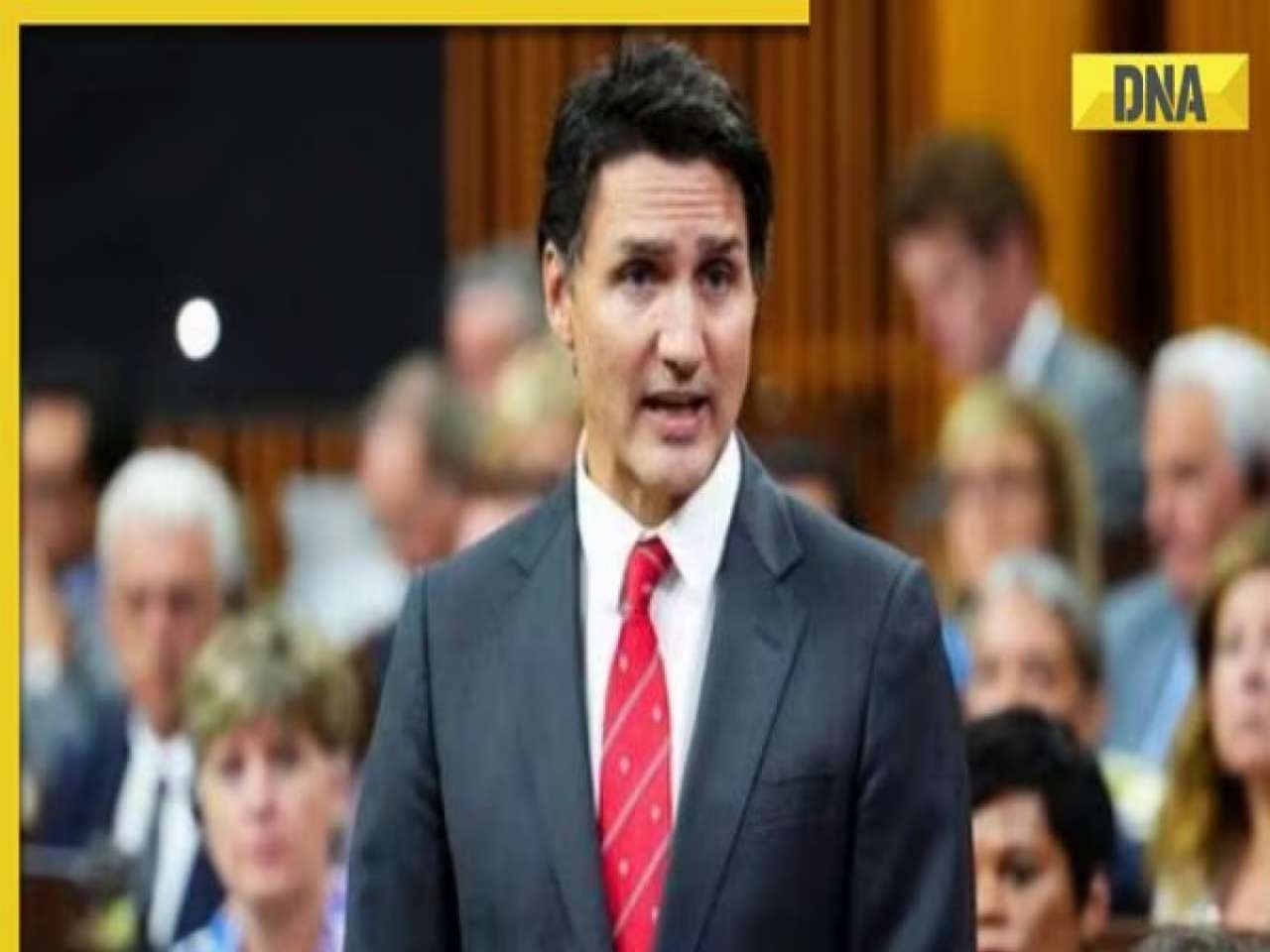Imperial edicts in medieval China typically ended by exhorting lowly subjects to “tremble and obey”; from all available evidence, the edicts had just the desired effect. In the modern era, however, China’s muscular assertion of its recently acquired economic and political might to get the rest of the world to “tremble and obey” may have run its course and is beginning to face a global pushback, geostrategists and analysts told DNA.
Even the award of the Nobel Peace Prize for imprisoned Chinese political dissident Liu Xiaobo on Friday, despite brazen Chinese attempts to intimidate the prize committee, is “part of a larger pushback against China by the West and also allies in Asia,” says Dr John Lee, research fellow at The Center for Independent Studies in Sydney and a Visiting Fellow at the Hudson Institute.
Pressures building up
That award, the citation for which noted that China’s “new status” entailed “increased responsibility” and drew pointed attention to its breach of international agreements and provisions relating to political rights, compounds the pressures on China on other fronts arising from its continued undervaluation of its currency and its aggressive assertion of its territorial claims on its maritime and land borders, including with India, in recent months.
“It looks like the net around China is closing,” says Jonathan Holslag, research fellow at the Brussels Institute of Contemporary China Studies and author of China and India: Prospects for Peace. “Clearly, there is a widening gap between how China is developing and how several other countries expect it to develop.”
According to noted Chinawatcher Gordon Chang, that gap is leading the world “to run out of patience” with China. Even last year, when Liu had been nominated for the peace prize, which went instead to US president Barack Obama, “there was still a lot of hope of forward progress in China, but now people are starting to realise there won’t be.”
Lee sees two reasons for China’s “muscular diplomacy” of recent times: after the global financial crisis of 2008, which accentuated the contrast between China’s high-growth economy and the down-and-out debt-burdened economies of the West, “there were strong signs of hubris” among the Chinese Communist Party (CCP) and the People’s Liberation Army (PLA). “The PLA is playing a much greater role in setting strategic policy, and as China rises, the CCP is strengthening its hold on economic and political power, not relinquishing it.”
And, adds Lee, “there’s now a belief that the CCP will do whatever it takes to retain political and economic power within China, even if this is against the country’s long-term interest.
Ascendance of hardliners
The nature of such a political system in China — and the ascendance of hardliners and the security apparatus in framing policy — is manifestly causing greater disquiet as China takes a bigger place on the world stage, points out Nicholas Bequelin, senior Asia researcher at Human Rights Watch.
And the fact that for the past few years, the human rights aspect of the Chinese political situation had been overlooked by the West - and even Japan, South Korea and India - may have emboldened hardliners in China, he adds. “At the end of the day, when the chips are down, Chinese leaders knew that the US and Europe would sidetrack human rights issue and talk about trade and economic interests.”
Now that it’s facing a global pushback, how will China respond? “China will diplomatically retreat somewhat — although its currency policy will not change,” reasons Lee. As a “strategically located rising power” with “very poor soft power” leverage, China is “immensely distrusted by all the major powers.” And as a result, Beijing will have no choice but to “pull back the rhetoric and diplomacy a little even if its objectives remain unchanged.”
Chang too reckons that beyond the initial intemperate lashing out, China will momentarily retreat, and instead turn on the ‘charm offensive mode’. “If they see everybody giving them a hard time, they’re going to put on their smiling face again.” But, he cautions, “we need to keep in mind that the smiling face is just a tactic.”
How China’s relation with the world plays out will depend on whether China continues to rise under its authoritarian model, reckons Lee. “If it does, there will be an intensification of structural tension between China and the democratic world.”
![submenu-img]() 'They unilaterally took some measures': EAM Jaishankar on new Nepal 100 rupee currency
'They unilaterally took some measures': EAM Jaishankar on new Nepal 100 rupee currency![submenu-img]() Meet Ice Cream Lady of India, who built Rs 6000 crore company, started with small investment of Rs…
Meet Ice Cream Lady of India, who built Rs 6000 crore company, started with small investment of Rs…![submenu-img]() ‘Canada a rule-of-law country’: PM Trudeau after 3 Indian arrested over Hardeep Nijjar's murder
‘Canada a rule-of-law country’: PM Trudeau after 3 Indian arrested over Hardeep Nijjar's murder![submenu-img]() Viral video: Specially-abled girl’s energetic dance to Bollywood song wows internet, watch
Viral video: Specially-abled girl’s energetic dance to Bollywood song wows internet, watch![submenu-img]() 'Baap re baap': Imtiaz Ali reveals Diljit Dosanjh was scandalised by old women's 'vulgar' improvisation on Chamkila set
'Baap re baap': Imtiaz Ali reveals Diljit Dosanjh was scandalised by old women's 'vulgar' improvisation on Chamkila set![submenu-img]() DNA Verified: Is CAA an anti-Muslim law? Centre terms news report as 'misleading'
DNA Verified: Is CAA an anti-Muslim law? Centre terms news report as 'misleading'![submenu-img]() DNA Verified: Lok Sabha Elections 2024 to be held on April 19? Know truth behind viral message
DNA Verified: Lok Sabha Elections 2024 to be held on April 19? Know truth behind viral message![submenu-img]() DNA Verified: Modi govt giving students free laptops under 'One Student One Laptop' scheme? Know truth here
DNA Verified: Modi govt giving students free laptops under 'One Student One Laptop' scheme? Know truth here![submenu-img]() DNA Verified: Shah Rukh Khan denies reports of his role in release of India's naval officers from Qatar
DNA Verified: Shah Rukh Khan denies reports of his role in release of India's naval officers from Qatar![submenu-img]() DNA Verified: Is govt providing Rs 1.6 lakh benefit to girls under PM Ladli Laxmi Yojana? Know truth
DNA Verified: Is govt providing Rs 1.6 lakh benefit to girls under PM Ladli Laxmi Yojana? Know truth![submenu-img]() Streaming This Week: Heeramandi, Shaitaan, Manjummel Boys, latest OTT releases to binge-watch
Streaming This Week: Heeramandi, Shaitaan, Manjummel Boys, latest OTT releases to binge-watch![submenu-img]() Remember Ayesha Kapur? Michelle from Black, here's how actress, nutrition coach, entrepreneur looks after 19 years
Remember Ayesha Kapur? Michelle from Black, here's how actress, nutrition coach, entrepreneur looks after 19 years![submenu-img]() Remember Heyy Babyy's cute 'Angel' Juanna Sanghvi? 20 year-old looks unrecognisable now, fans say 'her comeback will...'
Remember Heyy Babyy's cute 'Angel' Juanna Sanghvi? 20 year-old looks unrecognisable now, fans say 'her comeback will...'![submenu-img]() In pics: Arti Singh stuns in red lehenga as she ties the knot with beau Dipak Chauhan in dreamy wedding
In pics: Arti Singh stuns in red lehenga as she ties the knot with beau Dipak Chauhan in dreamy wedding![submenu-img]() Actors who died due to cosmetic surgeries
Actors who died due to cosmetic surgeries![submenu-img]() DNA Explainer: Why Harvey Weinstein's rape conviction was overturned, will beleaguered Hollywood mogul get out of jail?
DNA Explainer: Why Harvey Weinstein's rape conviction was overturned, will beleaguered Hollywood mogul get out of jail?![submenu-img]() What is inheritance tax?
What is inheritance tax?![submenu-img]() DNA Explainer: What is cloud seeding which is blamed for wreaking havoc in Dubai?
DNA Explainer: What is cloud seeding which is blamed for wreaking havoc in Dubai?![submenu-img]() DNA Explainer: What is Israel's Arrow-3 defence system used to intercept Iran's missile attack?
DNA Explainer: What is Israel's Arrow-3 defence system used to intercept Iran's missile attack?![submenu-img]() DNA Explainer: How Iranian projectiles failed to breach iron-clad Israeli air defence
DNA Explainer: How Iranian projectiles failed to breach iron-clad Israeli air defence![submenu-img]() 'Baap re baap': Imtiaz Ali reveals Diljit Dosanjh was scandalised by old women's 'vulgar' improvisation on Chamkila set
'Baap re baap': Imtiaz Ali reveals Diljit Dosanjh was scandalised by old women's 'vulgar' improvisation on Chamkila set![submenu-img]() This actor, who worked with Karan Johar and Farhan Akhtar, gave superhit shows, saw failed marriage, killed himself at..
This actor, who worked with Karan Johar and Farhan Akhtar, gave superhit shows, saw failed marriage, killed himself at..![submenu-img]() Did you know Ranveer Singh's grandmother was popular actress? Worked with Raj Kapoor; her career affected due to...
Did you know Ranveer Singh's grandmother was popular actress? Worked with Raj Kapoor; her career affected due to...![submenu-img]() India's highest-paid TV actress began working at 8, her Bollywood films flopped, was seen in Bigg Boss 1, now charges...
India's highest-paid TV actress began working at 8, her Bollywood films flopped, was seen in Bigg Boss 1, now charges...![submenu-img]() Shreyas Talpade wonders if his heart attack was due to Covid vaccine: 'We don’t know what we have taken inside...'
Shreyas Talpade wonders if his heart attack was due to Covid vaccine: 'We don’t know what we have taken inside...'![submenu-img]() IPL 2024: Faf du Plessis, Virat Kohli help Royal Challengers Bengaluru defeat Gujarat Titans by 4 wickets
IPL 2024: Faf du Plessis, Virat Kohli help Royal Challengers Bengaluru defeat Gujarat Titans by 4 wickets![submenu-img]() IPL 2024: Why is Sai Kishore not playing today's RCB vs GT match?
IPL 2024: Why is Sai Kishore not playing today's RCB vs GT match?![submenu-img]() 'Mumbai Indians ki kahani khatam': Ex-India star slams Hardik Pandya after MI's loss to KKR at Wankhede
'Mumbai Indians ki kahani khatam': Ex-India star slams Hardik Pandya after MI's loss to KKR at Wankhede![submenu-img]() LSG vs KKR, IPL 2024: Predicted playing XI, live streaming details, weather and pitch report
LSG vs KKR, IPL 2024: Predicted playing XI, live streaming details, weather and pitch report![submenu-img]() LSG vs KKR IPL 2024 Dream11 prediction: Fantasy cricket tips for Lucknow Super Giants vs Kolkata Knight Riders
LSG vs KKR IPL 2024 Dream11 prediction: Fantasy cricket tips for Lucknow Super Giants vs Kolkata Knight Riders![submenu-img]() Viral video: Specially-abled girl’s energetic dance to Bollywood song wows internet, watch
Viral video: Specially-abled girl’s energetic dance to Bollywood song wows internet, watch![submenu-img]() Viral video: Man educates younger brother about mensuration, internet is highly impressed
Viral video: Man educates younger brother about mensuration, internet is highly impressed![submenu-img]() Girl's wedding dance to Haryanvi song interrupted by mother in viral video, internet reacts
Girl's wedding dance to Haryanvi song interrupted by mother in viral video, internet reacts![submenu-img]() Viral video: Man fearlessly grabs dozens of snakes, internet is scared
Viral video: Man fearlessly grabs dozens of snakes, internet is scared![submenu-img]() This mysterious mobile phone number was suspended after three users...
This mysterious mobile phone number was suspended after three users...

















































)
)
)
)
)
)